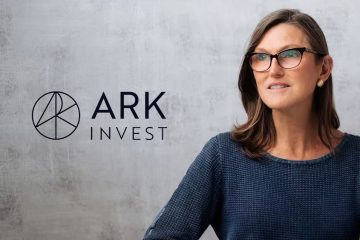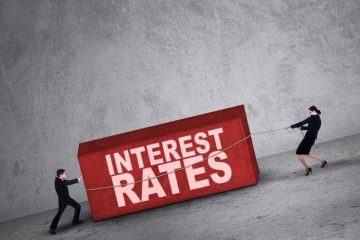Why Investors Like You Are Ruining America
Economic inequality – the fact that a small percentage of Americans have so much more than the rest of us – has gotten a lot of press in recent months.
You are a big part of the problem.
I say that because this column is written by and for investors. Nothing exacerbates economic inequality like successful investing.
An example illustrates my point. According to the U.S. Census Bureau, the median household income in this country is $ 51,939.
So let’s imagine that you and I earn exactly that much. I spend everything I make. You save $ 7,500 and spend the rest. Right out of the gate, as you can see, things are unequal. You have $ 7,500 more than I do.
But we’re only getting started.
I keep spending everything I make each year. You, on the other hand, keep saving $ 7,500 annually.
Things are getting more unequal all the time.
Of course, since you’re wise enough to save, you’re probably smart enough to invest. But let’s say you are too busy working and taking care of your family to look for value stocks or follow corporate insiders. Let’s just say you plunk your $ 7,500 savings in an S&P 500 index fund each year. Plain vanilla, yes, but there’s no muss and no fuss.
You reinvest the dividends since you’re invested for the long haul – as all true investors are. And you earn nothing more than the 10% average annual return that a broadly diversified portfolio of common stocks has delivered for the last 200 years.
Year after year you go on saving and compounding your money. I go on spending.
Now it’s 30 years down the road. I’ve had a lot of laughs and a lot of fun but I have nothing for retirement.
And – if the future is anything like the present – I have a lot of company. A recent survey by Bankrate.com reveals that 36% of Americans have put aside nothing for retirement.
Zero. Nada. Zilch.
Beyond these folks, tens of millions more have saved virtually nothing. And tens of millions more beyond that have risked nothing.
In other words, they may have some savings but no stocks, bonds or mutual funds. (Even though some no-load fund families – like American Century – have no minimum investment requirements.) Less than half of Americans own equities either directly or indirectly.
You don’t have to be a financial genius to recognize that if you don’t save anything or invest anything, you aren’t going to have much of anything.
Meanwhile, things are so unequal between us. I’m not worth squat. But your $ 7,500 a year compounded at 10% over 30 years is worth more than $ 1.48 million.
It’s just not fair.
Hillary Clinton said she was surprised on her recent campaign swing that not one person asked her about economic inequality.
I’m not.
Poverty and social mobility are important issues. But poll after poll shows that most Americans don’t believe economic inequality is “the defining issue of our time,” as President Obama put it. (Even the left-leaning New York Timesconceded as much last week in an article titled “Why Americans Don’t Want to Soak the Rich.”)
There are two primary reasons for this, as I see it.
The first is that Dr. Thomas J. Stanley, author of the best-seller The Millionaire Next Door, surveyed thousands of high-net-worth individuals about how they became affluent and found the overwhelming majority of them are first-generation millionaires.
In other words, they didn’t inherit their wealth.
Neither did they make their money founding a computer company in their garage or playing third base for the Yankees. Instead, they upgraded their education and marketable skills, worked hard, maximized their income, minimized their outgo, and religiously saved and invested the difference – over a lifetime.
This is something almost anyone can do, as I pointed out in my column two weeks ago about Ronald Read, the Vermont-based gas station attendant and janitor who left behind an $ 8 million estate.
Yes, populist politicians try to stoke it, but there simply isn’t a lot of class envy in America. Most of us celebrate others’ success instead of resenting it.
As an investor, you no doubt understand the value of education, hard work, thrift and risk-taking. However, that has contributed to serious economic inequality in this country.
It’s okay. Keep doing it.
Good investing,
Alex


